Frequently when running workshops our trainers have asked delegates why they are there. At certain times of year it is not uncommon to hear the answer ‘to complete my CPD before the deadline’.
Whist understanding the need to fulfil professional body requirements, it is concerning when that is cited as the primary reason for attending a particular workshop. The need for professional updating should be the key factor driving CPD: not the other way around.
We suggest that there are three reasons why CPD should be seen as part of the DNA fo any business professional:
- we need to take our profession and our professionalism seriously.
- we need to ensure that we are up to date and able to cope with what can seem like a perpetual maelstrom of change.
- we owe it to ourselves and those around us, to maximise our personal potential.
Carrying out CPD activities in a haphazard fashion, with little thought to the eventual outcome or results, is not an effective way to develop professional standing or understanding. Planning CPD strategically will ensure that the time spent is a sensible and effective use of time in our hectic world of perceived stress.
What is CPD?
The phrase ‘continuing professional development’ implies significantly more than is attributed to the acronym ‘CPD’:
Continuing: something we do on a perpetual basis, not just a year-end panic.
Professional: something aligned to our chosen or desired occupation, not a ‘that will do’ attitude
Development: something which challenges us and takes our knowledge and awareness into a more advanced or expanded state, not just a reaffirmation of material with which we are already comfortable.
By applying the above definitions, CPD expands to include many of the things that we might naturally do as part of our ongoing routine –reading the business pages of a newspaper, or a professional journal, or a mind-stretching book, or listening to a TED talk or similar podcast. Any of these can help our need or desire to expand our mental awareness and our ability to challenge our personal experience to that point with far wider concepts.
In order to gain the most benefit from CPD activities, it is good to develop a three-stage plan.
1. Analyse the need.
Step back and honestly think about yourself, your current work, your aspirations and the level of mental challenge that exists within your life. If possible, carry out this process physically, by doing the thinking away from your workplace or home and go somewhere conducive to external brain stimulation – perhaps in a museum, or an art gallery, or by the sea –– whatever suits your mental manner of operating.
Consider the following aspects of yourself, your current role, and your future, and plot them on the below table.

You can then use this to prioritise which activities you need to carry out – whether for short, medium, or long-term benefit. For example, it may be worth signing up to a training course to fulfil a gap in professional knowledge that you need to act upon now; however, it may be equally worthwhile registering to study for a qualification that will benefit your career in five or ten-years’ time.
2. Allocate the time.
Create a time plan for the next 12 months, ideally broken down into hours (365 days x 24 hours = 8,760 hours). The following table could be used as an example:


While it may seem overkill to break down your daily activities in this way, the exercise is extremely useful in seeing how you spend your time and helping you organise it.
For professional development purposes, the key question relates to how many hours you are planning to commit to CPD. Whilst an average of 1 hour per day across the year might seem deliberately extreme, it’s actually fairly simple to allocate this in a way that fits into your daily routine. For example, if you attend four eight-hour workshops (32 hours), do five hours’ professional reading a week (260 hours) and attend 12 two-hour briefing sessions (24 hours), you’ve already put in over 300 hours CPD.
3. Monitor your progress.
Whatever the time plan, it is important to be accountable to yourself for what you are achieving.
Part of any planning process requires us to have both qualitative and quantitative measures of success. Refer back to the table created when you analysed your CPD needs, but now apply goals for each time period. I recommend setting no more than five serious goals for any 12-month period.
The revised table should look like this:


Remember, a goal is measurable by having been scored or not, so you need to be specific. For example, ‘improving my financial knowledge’ is not acceptable as a goal, whereas ‘improving my knowledge of finance by understanding our financial accounts’ is.
Even though these goals may be tightly focused, they will also help your general development by helping to improve your underlying competencies, which rely upon the close interaction of skills, knowledge and attitude.
Taking the time to strategically plan your professional development is essential. Not only will it help you manage your time more effectively, but it will also help you manage your career more effectively. By setting goals, allocating achievable amounts of time, and monitoring your progress, you will not only fulfil the requirements levied by professional bodies, but also focus your personal ambitions – and make it much more likely that you will achieve them.
The Boardroom Effectiveness Company offers a wide range of training, coaching and consultancy services aimed at helping boards be more effective. Take a look at our full range of services or give us a call at 01582 463465 – we’re always happy to help.










